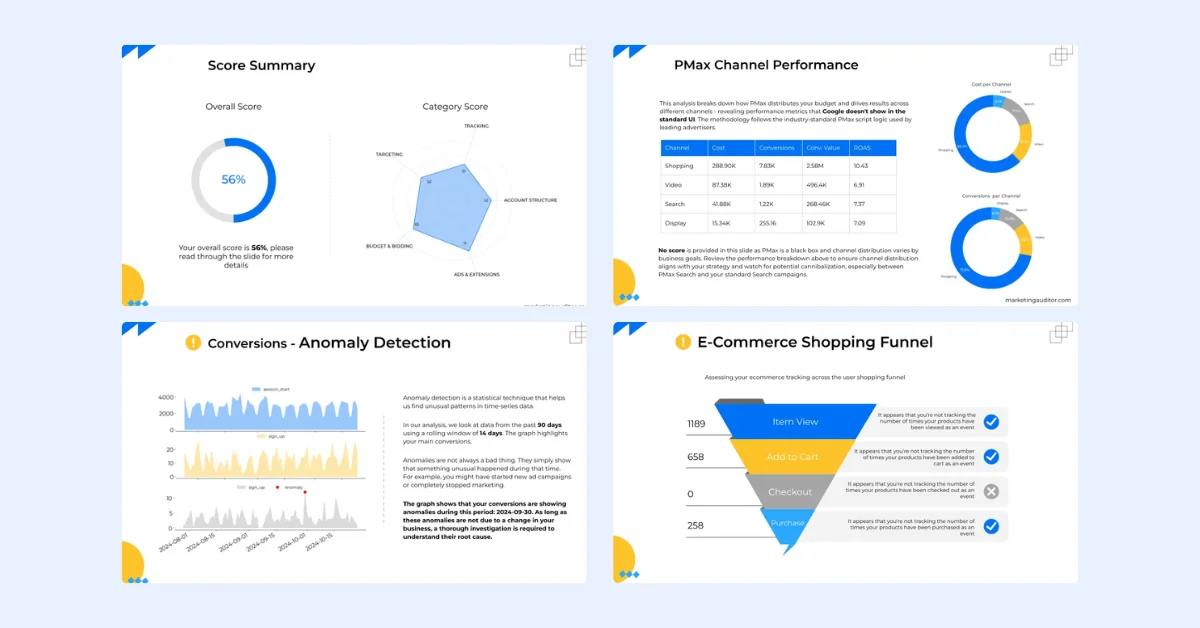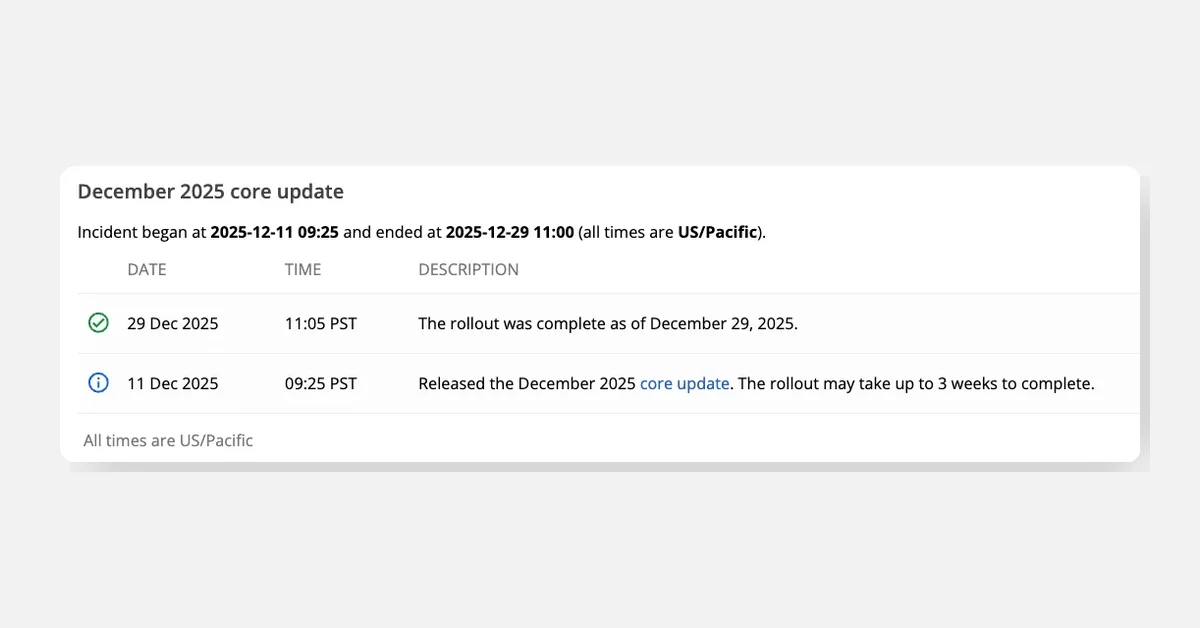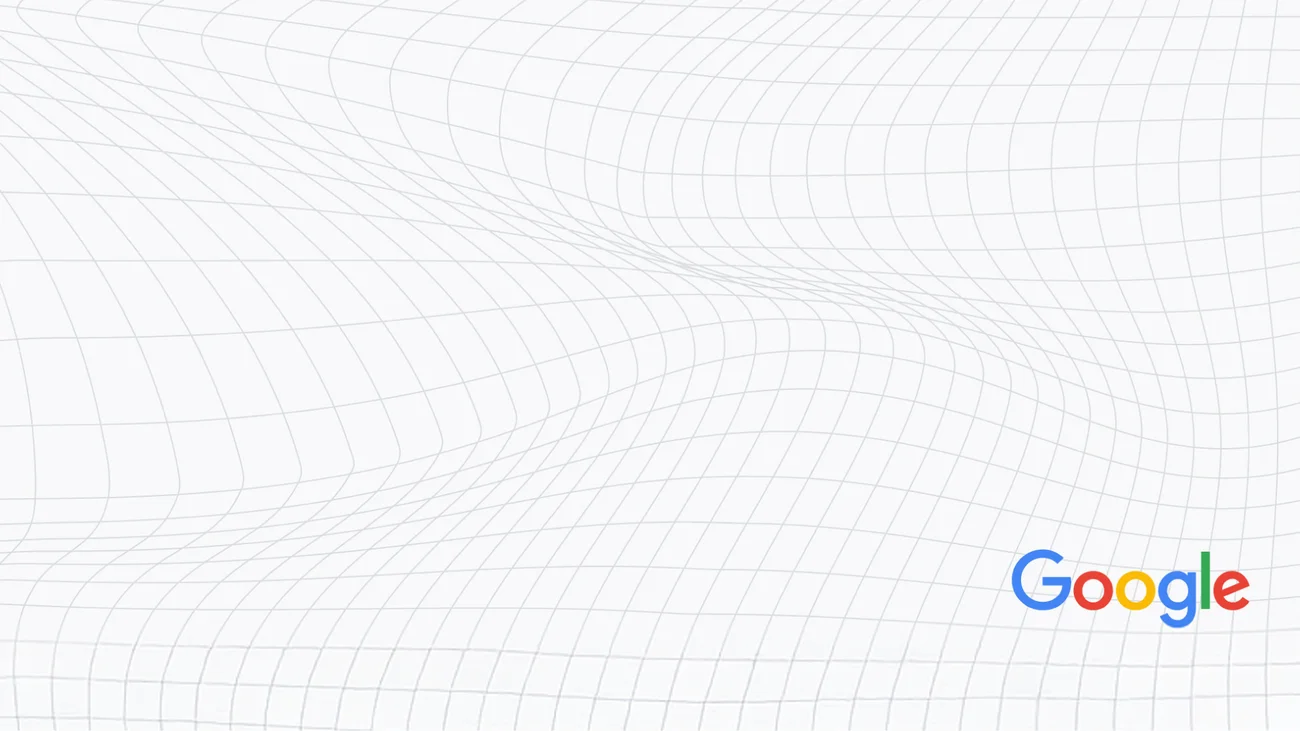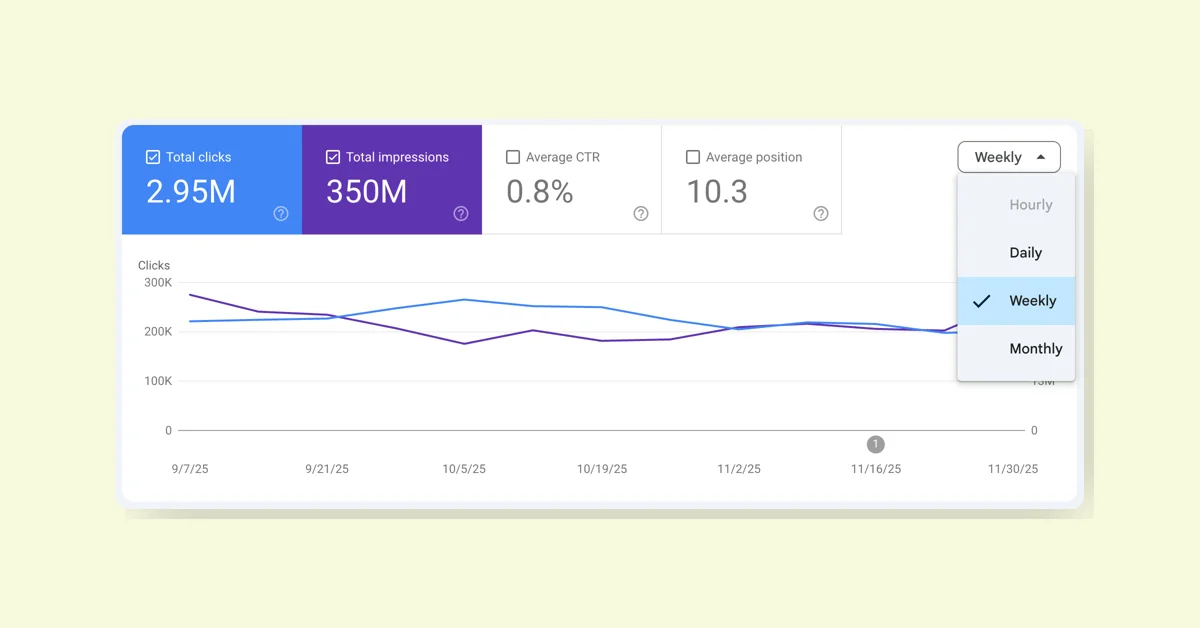The Killer Whale update to Google's Knowledge Graph has increased the focus on person entities, particularly those meeting E-E-A-T (Expertise, Authoritativeness, Trustworthiness) credibility signals. The number of Person entities in the Knowledge Graph rose by 17% in March, with the most significant growth seen in E-E-A-T-friendly entities like researchers and journalists.
The Knowledge Vault, Google's fact store, saw a 7.23% increase in entities to over 54 billion in the March 2024 update. Person entities increased by 17%, with the most significant increase (38%) among E-E-A-T-friendly entities.
Google's focus on Person entities has been significant, with a 22-fold increase between May 2020 and March 2024. In contrast, Corporation entities increased five-fold but decreased by 1.3% in the last year.
Google is now less reliant on traditional trusted sources like Wikipedia. The algorithms can create entities in the Knowledge Vault without these sources if the information about the entity is clear, complete, and consistent across the web.
Maintaining a place in the Knowledge Vault requires continuous work on the entity and its E-E-A-T signals. Almost one in five entities created in the Knowledge Vault is deleted within a year. The update also highlighted the issue of entity duplication, particularly for Person entities.
The pattern for entity updates over the last nine years has been clear: December, February (or March), and July have consistently been the critical months. The next updates might be in July and December.
Google's growing emphasis on Person entities signals a shift towards "things, not strings" at scale. The foundation of modern SEO is educating Google about your entities. Without creating a meaningful understanding in Google’s “brain” about who you are, what you offer and why you are the most credible solution, you will no longer be in the “Google game.” In modern SEO, the ability to feed the Knowledge Algorithms is the path to success.



















